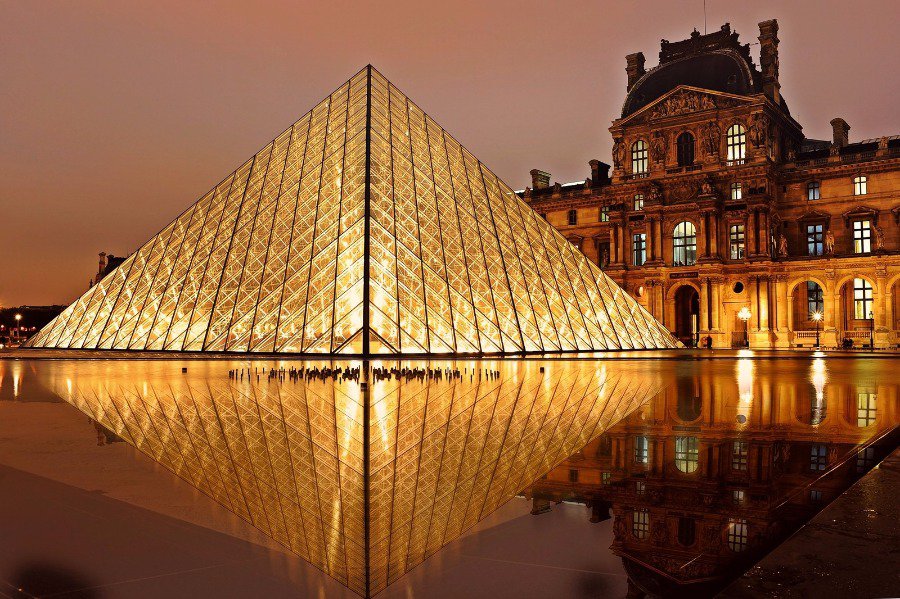While France’s $35bn dollar gambling industry is the largest in Europe, local attitudes toward gaming have remained surprisingly prohibitive over the last century. However, this may change, as recent difficulties have caused the newly elected government to seek out rapid revenue sources, whilst they also look to align Paris with the capitals of the continent, almost all of which offer casinos.
“Our new president wanted to increase taxes, because the budget of France is very low and he is looking for resources. On one side they are more than happy to have the money, on the other side, they hate to speak about it,” commented Philippe Bon, the Executive Director of Casino de France. “We are vigilant on our end that the taxes don’t get increased.”
Recent efforts include a new decree stipulating conditions for Paris’s clubs de jeux (gaming clubs), which comes into effect at the start of next year. It ends the ban on numerous gambling games within the city of Paris, allowing the operation of gaming clubs by commercial companies. Additionally, a three year “experimental” period will also be ignited, one that shall likely determine the future of the town’s gaming offerings.
“Paris is protected by an ancient law, that forbids any casino within it. That counts the city and 100 km around, except in Enghien-Les-Bains, where there is a Barriere casino, it’s the only exception,” commented Bon. “Next year there will be a new type of establishment, called clubs. They will replace the current gaming circles, which are now forbidden, because it proved difficult to investigate the money laundering and taxation issues surrounding them.”
Several judicial scandals plagued the gaming circles, which numerous calls for greater regulation called for by Parisian officials over the years. Full-fledged casinos are still technically banned in Paris, and the newly legislated gaming clubs cannot feature roulette or slot-machines, sticking to table games more in the vein of poker, Baccarat and Mahjong, unlike casinos in the rest of the country, where slots have proven the most popular casino pastime. These sites do however, face restrictions of a different kind.
“Casinos are the most taxed industry in France. The average is 53 percent per year, and that’s before the social security taxes and employee wages. A high part is also apportioned to the resident town where the casino is located,” commented Bon. In French cities like Deauville, the municipal government derives 30 percent of its budget from casino taxes, there are other French towns that rely on gaming operations for as much as 80 percent of their tax revenue.
“The majority of operators are French companies, but now because of the terrorism, new investors can have a difficult time getting ahead. They have to be allied with the entire French ministry,” continued Bon. “They want to know where the money comes from, and what the investor’s standing in society is. It’s very difficult.”
The Ministry of Finance must approve all gaming licenses, and it is allegedly, a long and arduous process. Despite this, business is booming for casinos scattered around the rest of the country, with 35 mn visits logged to the sites last year . Many French casinos boast a diversified revenue stream similar to those in Las Vegas, the goal being to have the clientele view the casinos more as leisure and entertainment venues.
“The majority of casinos are near the sea, and in the centre of France. There are still vast areas without casinos. There is a market, but you have to change the law,” commented Bon. “It’s impossible right now, for example, to create a little Las Vegas. A great complex with casinos.”
Potential candidates for the operation of clubs de jeux are waiting to hear what the Ministry of the Budget will determine taxation-wise, and whether any new regulations will arise for the country’s 201 casinos. According to Bon, the industry needs “government protection in order to thrive”, particularly regarding taxation.
“The taxes will be a little different from those at the casinos, because we want to guarantee the ability of the clubs. We are looking at the taxes, which are very high, and we are taking care that they do not increase again,” concluded Bon.
ICR 177 -Lead -Francepic

